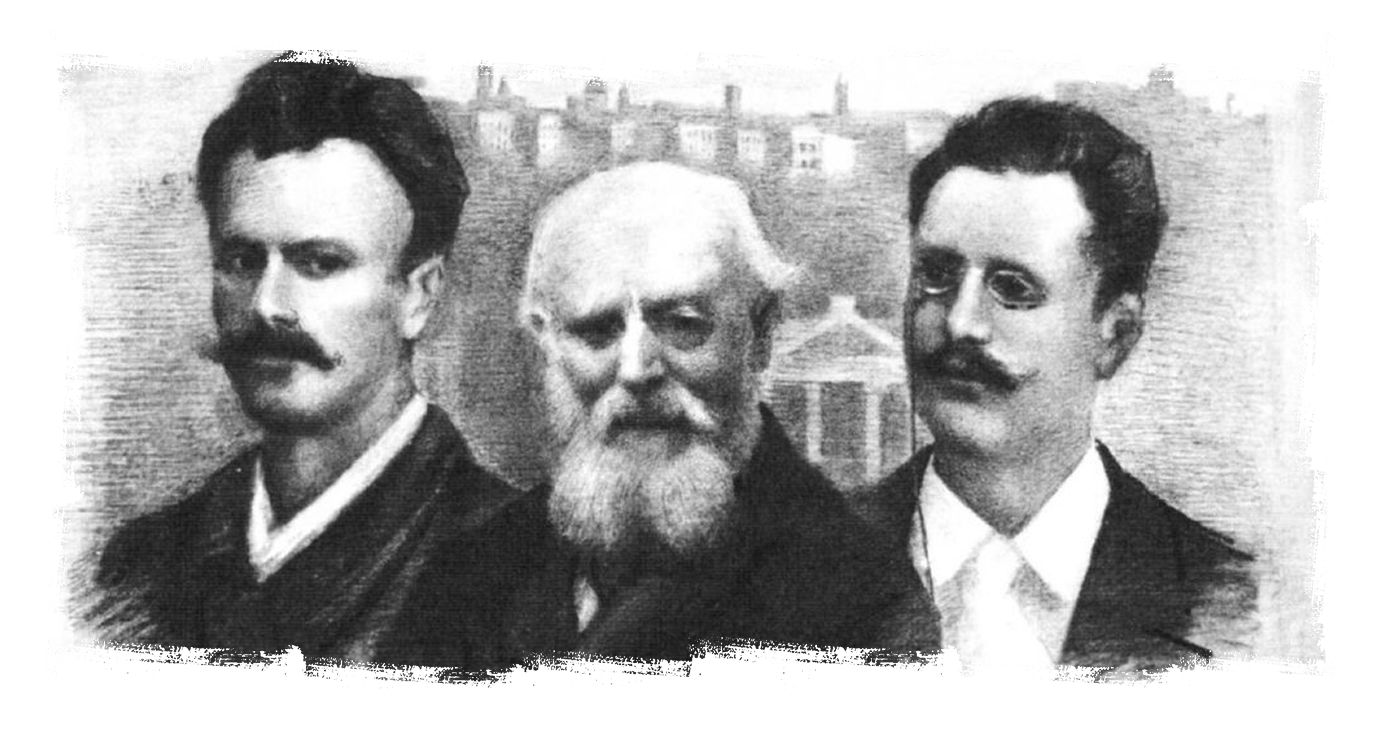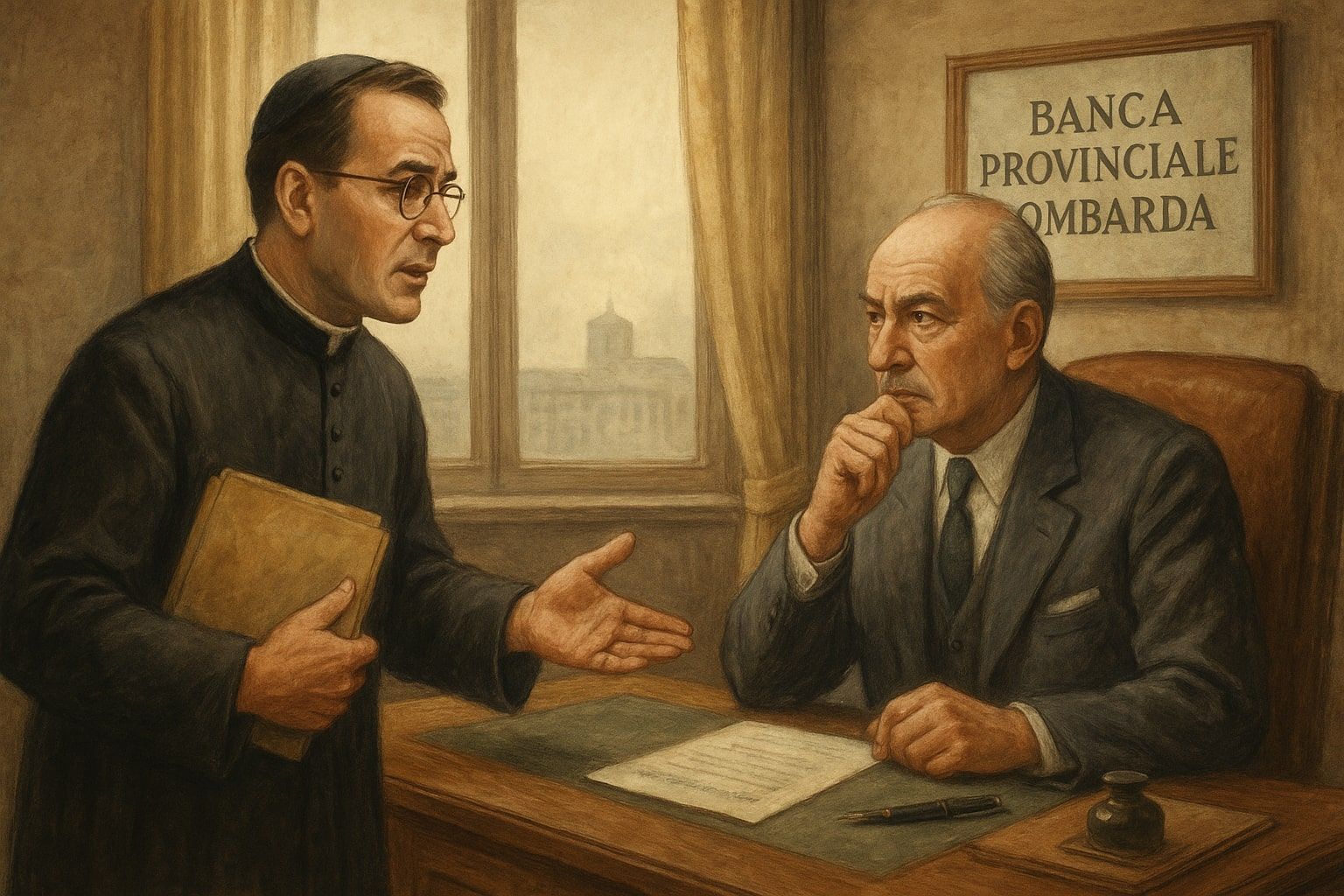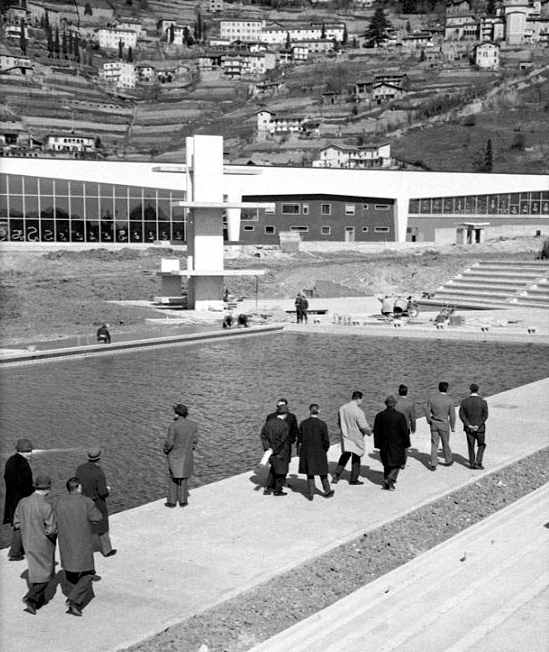Giopì, the Newspaper of the Ducato di Piazza Pontida
Il Giopì is the official print and online publication of the Ducato di Piazza Pontida. Founded with the aim of promoting and enhancing Bergamasco traditions and culture, the newspaper stands as an authentic and distinctive voice of the territory.
Its content ranges from popular culture to music, folklore to history, as well as in-depth features on social and current issues, with a special focus on the events and traditions that define the Bergamasca region.

The print edition is published every fifteen days, except in August, while the online magazine is available at any time, offering constantly updated articles on culture, traditions, city life, and events, including those organized in collaboration with the Ducato di Piazza Pontida.
The newspaper takes its name from Giopì, a symbolic figure of Bergamasco popular tradition, embodying cheerful spirit, rural wisdom, and good-natured satire. Just like the mask that represents him, the magazine addresses cultural and social themes with irony, wit, and a strong bond with tradition. Some articles are also published in the Bergamasco dialect, as a concrete commitment to keeping the local identity alive.
🌐 Visit giopi.net to read articles anytime, on any device.
📰 Subscribe to the print edition of Il Giopì to experience firsthand the stories and culture of the Bergamasco land.
📰 Subscribe to the print edition of Il Giopì to experience firsthand the stories and culture of the Bergamasco land.
Il Giopì: A Story Spanning Over 120 Years
On November 18, 1894, in Bergamo, the first issue of Il Giopì was published: an eight-page weekly satirical paper sold for 5 cents. Italy, newly unified at the time, was dominated by the major official press, often busy celebrating national rhetoric. Filling the gap for a free and critical voice were three Bergamasque journalists — Teodoro Piazzoni, the first editor, Benvenuto Trezzini, and Annibale Casartelli — armed with sharp pens and a rebellious spirit.

The newspaper took its name from the famous folk character “Giopì,” a symbol of rural wisdom, sharp irony, and a fighting spirit. The masthead was enriched by a drawing from the painter Alberto Maironi da Ponte. Seemingly simple, Il Giopì quickly revealed itself to be full of wit and capable of delivering sharp jabs, winning the hearts of the people of Bergamo with satirical articles, cartoons, and the lively use of the local dialect.
Over the decades, the newspaper endured wars, censorship, and economic crises. Editors and layouts changed, but its mission remained the same: to tell the story of Bergamo’s life and culture with passion, irony, and frankness. In 1924, the Ducato di Piazza Pontida was founded, later taking over the management of Il Giopì and ensuring its continuity and quality.
After World War II, thanks to figures such as Giacinto Gambirasio, Luigi Gnecchi, Carmelo Francia, and today Gianluigi Morosini, the periodical managed to renew itself without losing its soul. Becoming a biweekly, it was enriched by contributions from artists, poets, and scholars, strengthening its cultural and literary value.
And today?
In 2025, giopi.net was born, the digital edition of Il Giopì: a modern project that complements the print version and brings Bergamo’s cultural heritage online as well, opening up to new audiences and languages.
In 2025, giopi.net was born, the digital edition of Il Giopì: a modern project that complements the print version and brings Bergamo’s cultural heritage online as well, opening up to new audiences and languages.

With the same sincere and free spirit that inspired its founders over a century ago, the digital magazine collects and shares the traditions, language, art, and folklore of our land, keeping alive the connection with the people of Bergamo.
👉 Discover the full story of Il Giopì at giopi.net
Giopì Magazine

The official online magazine of the Ducato di Piazza Pontida – discover and read all the articles on giopi.net





